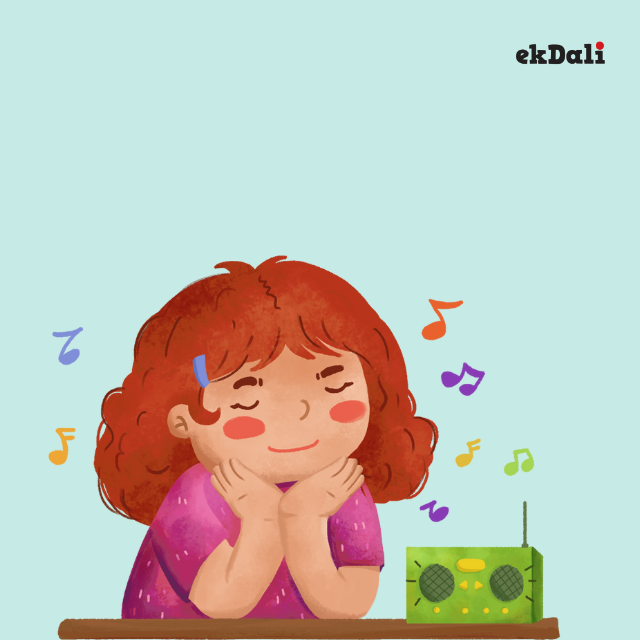Hearing music that your dad enjoyed may be reassuring, whilst hearing a favorite tune from your high school years may inspire confidence. When you understand how songs affect your body, you can employ them wisely. You can listen to music to help you relax, process unhappy feelings, or enhance your vitality. Children are no exception.
Music therapy employs music to elicit emotions and initiate talks that assist clients in processing their experiences. Music therapists get education in a range of areas, including music theory, anatomy, and therapy. They work with clients ranging from newborns to those getting end-of-life care.
How Music Can Improve Your Mental Health
Music therapy has been demonstrated to:
- Reduce your anxiousness.
- Reduce your blood pressure.
- Reduce the severity of your pain symptoms.
- Improve your mood.
- Enhance your quality of life.
- Reduce your heart rate.
You don't need an angelic voice or the latest dancing routines to benefit from music therapy. There are advantages to both listening to and making music. A music therapist may play an instrument, sing, or utilize recorded music during a session. They urge customers to participate with the music by dancing to it, singing along, discussing topics in the music, or even picking up an instrument.
Babies can be soothed by music.
Boyum claims that familiar voices and repeated noises comfort newborns who do not yet know how to soothe themselves.
When you can't be there to comfort your infant, you can record your voice. The tape can be played by the caregiver to assist the infant relax and regulate. You may even repeat the same song again and over since newborns enjoy hearing similar melodies.
Predictability and repetition in songs are more likely to induce sleep and calm. A sound machine that can play predictable and constant noises that imitate being in the womb may also be beneficial to your kid.
Anxiety is reduced by music.
Repetitive gestures and noises can help soothe older children in the same way that they quiet newborns.
As youngsters get older, learning to play an instrument, choreographing a dance routine, or creating their own song lyrics may help them cope with stress and anxiety. Making their own music might provide them a sense of control that they may lack in other parts of their lives.
Music helps children develop emotional intelligence.
Music may also be used by parents and caregivers to help children identify fundamental emotions. Movies youngsters are already acquainted with, such as "Frozen," might be an excellent place to begin. Ask your children what they believe Elsa is feeling as she sings "Let It Go," and what she is letting go of. Assist young children in recognizing how the mood changes during the film. Many of these songs deal with heavy topics such as self-discovery, loss, and humiliation.
Music offers teenagers a feeling of self.
As children get older, they begin to move away from the family's normal genre. It's a means for them to figure out who they are and develop their sense of self. Parents aren't always happy with their children's music selections.
If you're concerned about the music your children are listening to, Boyum suggests asking them about it.
"Ask them what they like about the songs, and explain calmly why they make you feel uncomfortable," Boyum said. "We often connect with music because of the lyrics, but we also connect with it because of the instrumentation and the beat." Sometimes we don't pay attention to what songs are actually about. Limiting what kids listen to without actual dialogue is unlikely to influence what they connect with. Keep an open mind and try to comprehend what people are receiving out of the music."
























